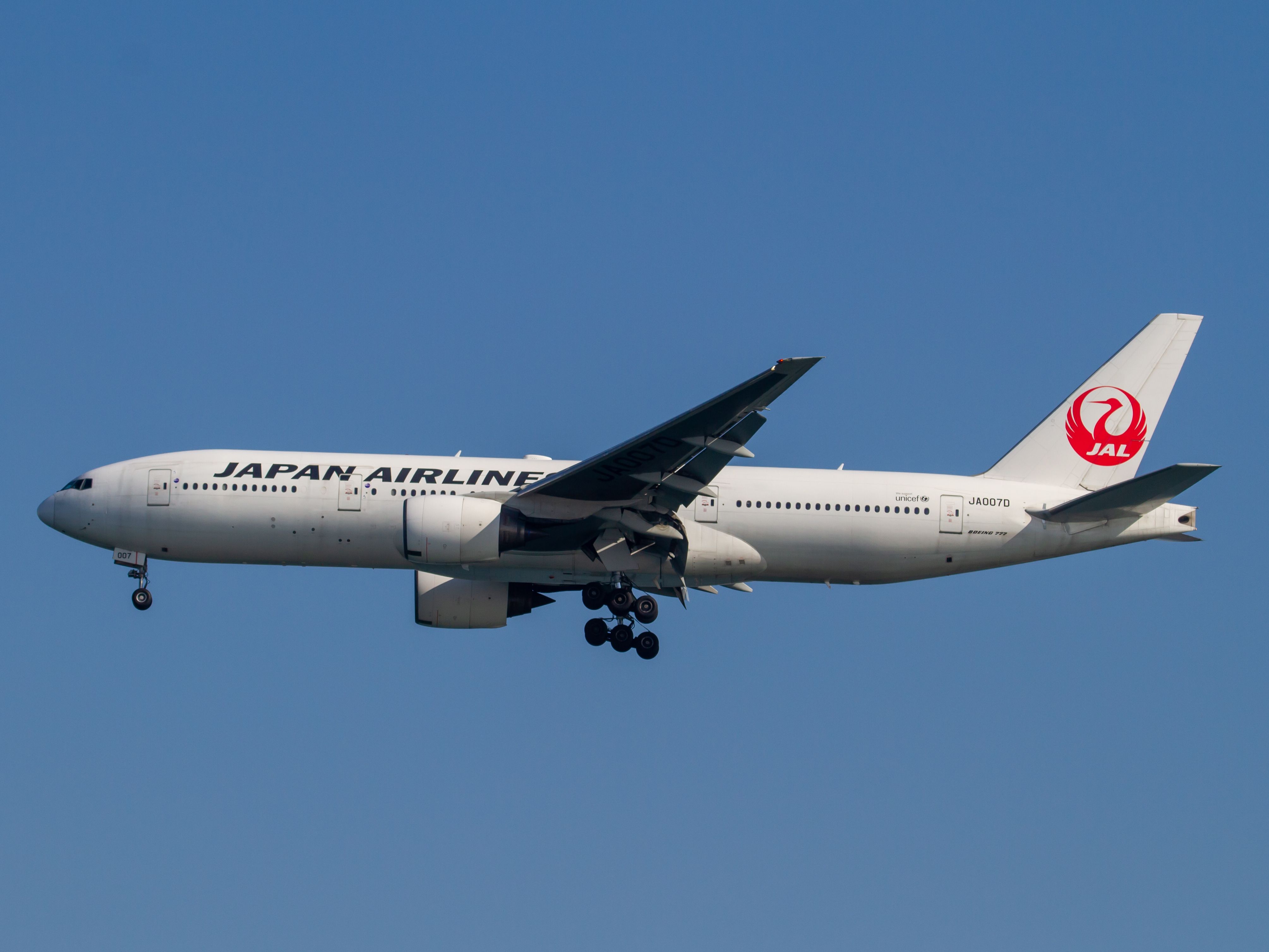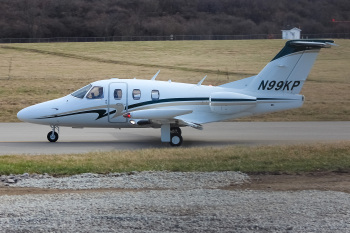The Boeing 777-200 is a two-engine wide-body commercial jetliner that was first introduced in 1995. It is one of the most recognizable aircraft in the world, with its signature "hump" fuselage and its distinctive twin-engine configuration. The Boeing 777-200 is designed to carry up to 350 passengers in a spacious three-class configuration. It is one of the most popular long-haul aircraft in service today, with over 1,800 in operation worldwide.

Boeing did a lot of things right when designing the 777-200. One of the most impressive aspects of the aircraft is its range. The 777-200 can fly up to 7,725 nautical miles, making it one of the longest-range jets available. This allows airlines to connect distant cities without making any refueling stops, which saves time and money.
The 777-200 also has excellent fuel efficiency. It is powered by two efficient turbofan engines, which generate a lot of thrust with relatively little fuel consumption. This helps airlines save money on fuel costs and reduces their environmental impact.
In addition, the 777-200 is incredibly reliable. It has a dispatch reliability rate of 99.4%, meaning that it takes off and lands on time almost every time. This helps airlines maintain their schedules and ensures that passengers get to their destinations on time.
Boeing could do a few things to improve the 777-200. One area that needs improvement is cabin comfort. Even in the premium cabin, the seats are relatively narrow and lack adequate legroom. This can make long-haul flights uncomfortable for passengers.
Another area that could use improvement is the avionics system. The 777-200 is equipped with an outdated avionics system that has limited capabilities compared to newer aircraft. This can make it difficult to effectively manage the aircraft and its systems.
Finally, the 777-200 is not as fuel-efficient as some of its competitors. While it is still relatively efficient, newer aircraft such as the Airbus A350 and the Boeing 787 Dreamliner are significantly more efficient. This can make them more attractive to airlines who are looking to lower their fuel costs.
Overall, the Boeing 777-200 is an impressive aircraft. It has excellent range and reliability, and is widely used by airlines all over the world. However, there are a few areas where Boeing could improve the aircraft, such as cabin comfort and fuel efficiency. With these improvements, the 777-200 could become even more popular with airlines and passengers alike.





Comments